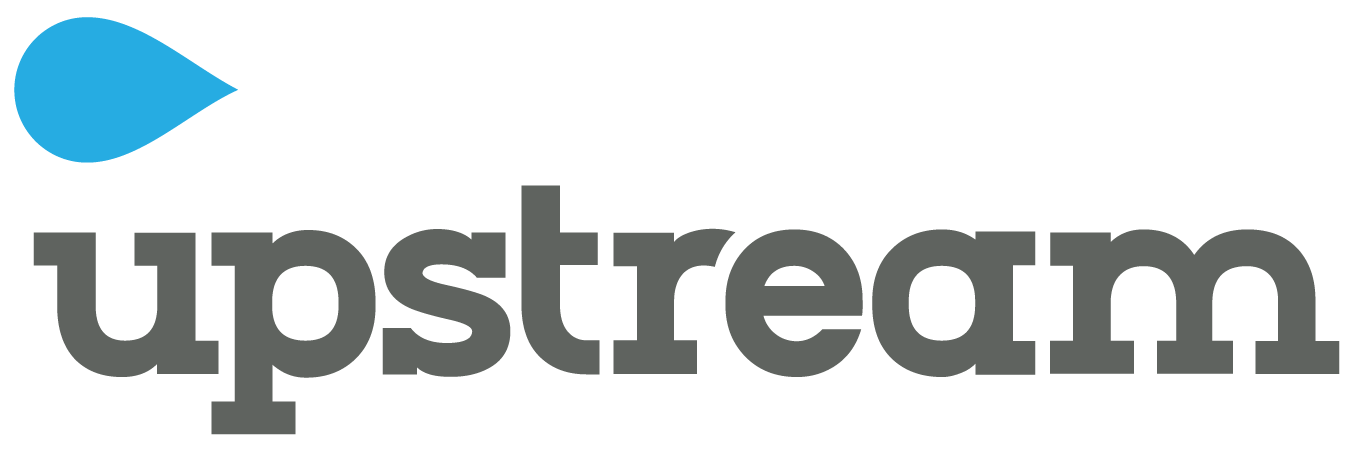
Building a community approach to tackling homelessness in Austin.
Framing the systemic barriers affecting homelessness
To solve for homelessness in our community, we needed to look beyond the aspect of “life on the street. Resources like the APD and EMS are overburdened by frequent calls for help as citizens grow increasingly concerned for their own safety. Having a holistic understanding of the drivers causing people to fall into homelessness, the factors prolonging it and the ecosystem of resources available in the community is a huge step to resolving it together. For this work, Upstream conducted in-depth interviews with stakeholders on the front lines, including EMS, APD, property/business owners, and non-profit service providers. Secondary research was also conducted to understand how other urban areas across the U.S. are handling the challenge. Upstream developed a complete framework that visualized the causes leading to each stage of the homelessness experience, impact to the person with lived experience, impact to the community, gaps in service and barriers preventing stability.
Identifying solutions with over 200 community leaders
Upstream seized the opportunity to solicit input from over 200 community leaders across Austin during ECHO’s (Ending Community Homelessness Coalition) annual meeting. This meeting included leadership from the city, state, front-line service providers, business owners, property owners, and citizens who were eager to share their voice. The framework allowed community stakeholders to stand shoulder to shoulder and understand the challenge in the same way for the very first time. Leveraging the framework stages, Upstream facilitated input from stakeholders on the topics of addressing community safety, improving service delivery, creating sustainable solutions, engaging the broader community and including the unsheltered population in future solution creation.
Driving a unified roadmap across system stakeholders
Prior to the development of Upstream’s holistic framework, front-line service providers were limiting their roadmap of solutions to only address challenges within the cycle of crisis. This work has informed better resource coordination across agencies, the development of services BEFORE crisis and AFTER housing, and up-leveled the challenge to focus on the cause and not just the symptoms. The City of Austin’s Office of Innovation leveraged Upstream’s work as a guide for the creation of HOST (Homelessness Outreach Street Team) and to secure one of seven grants issued by Bloomberg Philanthropies to address homelessness in cities across the globe.
“Upstream's creation of the homelessness journey map was an important step in advancing a coordinated approach across our community partners. Having a visual framework helped us understand the problem in a way that clarified the need for greater coordination of our efforts where public, private and nonprofit organizations can see themselves in the broader challenge and can have a hand in developing solutions.”
- VP, Downtown Austin Alliance



